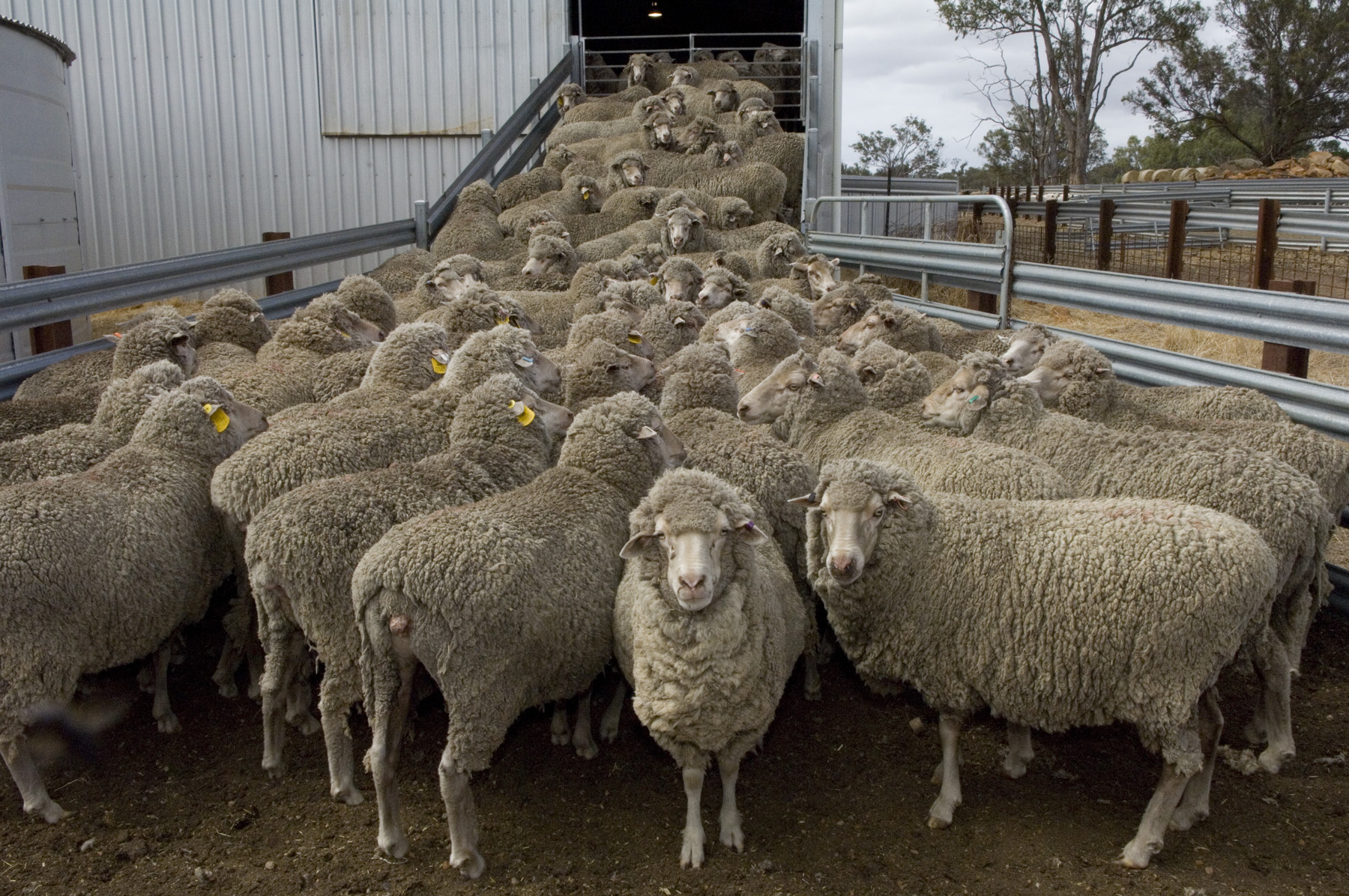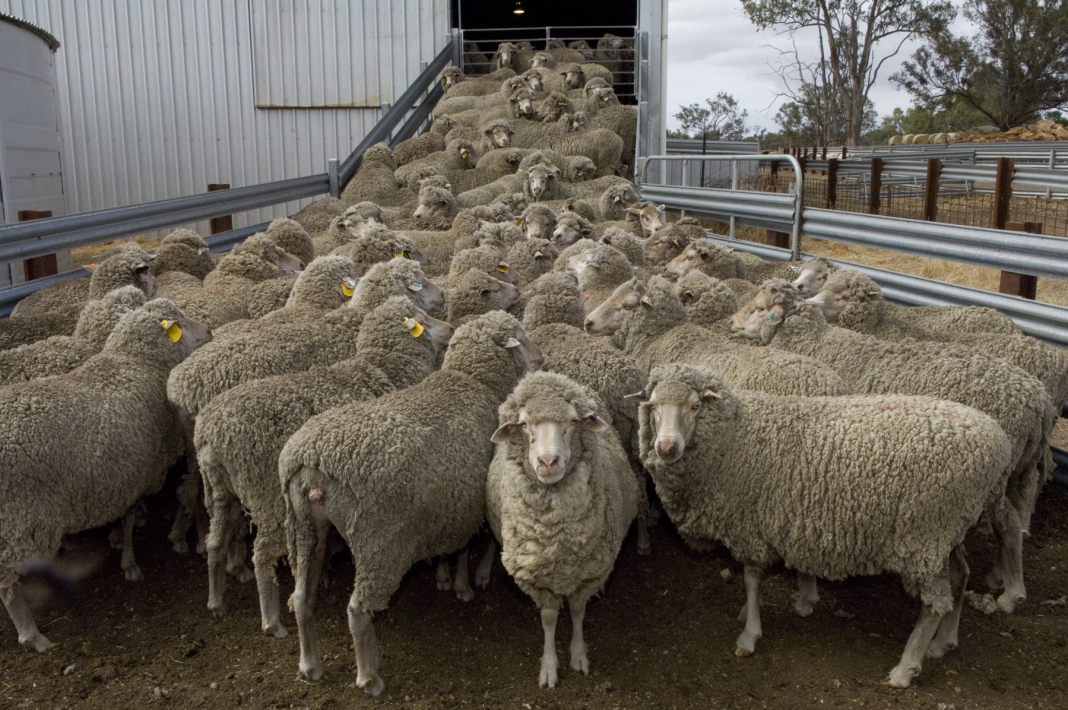 Debate Ramps Up over Live Export of Sheep in Australia
Debate Ramps Up over Live Export of Sheep in Australia
The live export of sheep has become a highly contentious issue in Australia, with both sides of the political spectrum expressing concerns about the welfare of the animals. Recently, a parliamentary committee granted approval to Labor’s proposed ban on live sheep exports, a decision that has been met with strong criticism from industry bodies. Sheep Producers Australia and Wool Producers Australia released a joint statement condemning the committee’s decision as rushed, unprofessional, and thoughtless.
The debate surrounding the live export motion took place in Parliament on June 24, with representatives from both sides arguing their positions on the welfare of sheep. Bonnie Skinner, CEO of Sheep Producers Australia, expressed her disappointment with the parliamentary inquiry into the proposed ban, stating that it seeks to phase out an important supply chain that supports jobs and communities in rural areas. She criticized the committee for disregarding the impact that this decision will have on small towns and for refusing to consider submissions from producers who have taken the time to voice their concerns.
During the parliamentary discussions on the bill, Labor MP Melissa Price spoke in favor of the ban, emphasizing that Australians expect the country to have the world’s best animal welfare practices. She referred to an incident earlier this year involving the sheep ship MV Bahijah, which was forced to turn back due to concerns about Houthi rebels attacking cargo ships in the Red Sea. The sheep onboard the ship suffered for five weeks in poor conditions, leading to stress, high respiratory rates, and death. Price argued that such suffering is not an isolated incident and that there have been reports of animals drowning in their own waste during live exports.
In response to Price’s comments, Nationals member Mark Coulton defended the live export industry, stating that opponents were focusing on worst-case scenarios to make their point. He argued that Australia has implemented stringent measures to ensure the welfare of sheep during transportation and that leaving a gap in the market would result in livestock from countries with lower animal welfare standards taking its place. Coulton also highlighted the economic benefits of the industry, noting that it is valued at 58 times the live export trade and has the potential to create more Australian jobs and boost profits from local slaughter.
However, critics of the live export industry, including Sheep Producers Australia, believe that the government’s transition package to support producers is inadequate. They argue that the allocated $107 million is insufficient to meet the stated objectives of the Albanese government, such as promoting onshore processing and increasing the value of production for sheep producers in Western Australia. According to CEO Bonnie Skinner, the transition package does not adequately protect the industry or its stakeholders.
The motion to ban live sheep exports was adjourned for further discussion at the next sitting of Parliament. The debate continues to generate strong opinions from both sides, with animal welfare concerns and economic considerations taking center stage. The decision reached will have far-reaching implications for the industry and the communities it supports.


